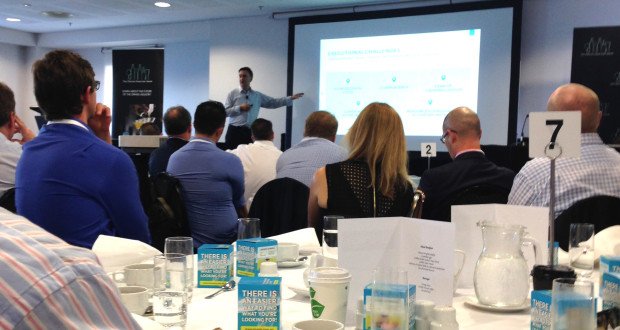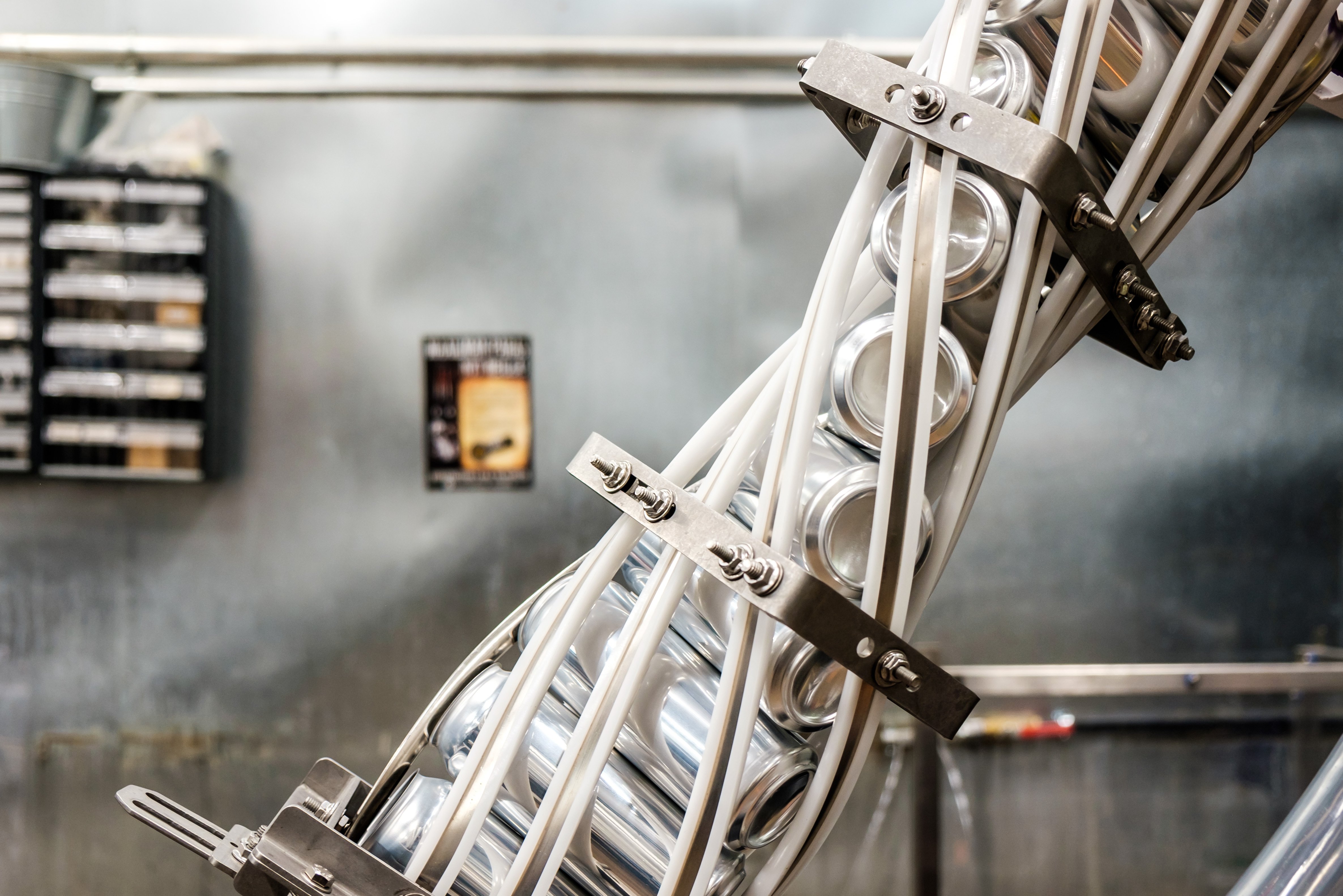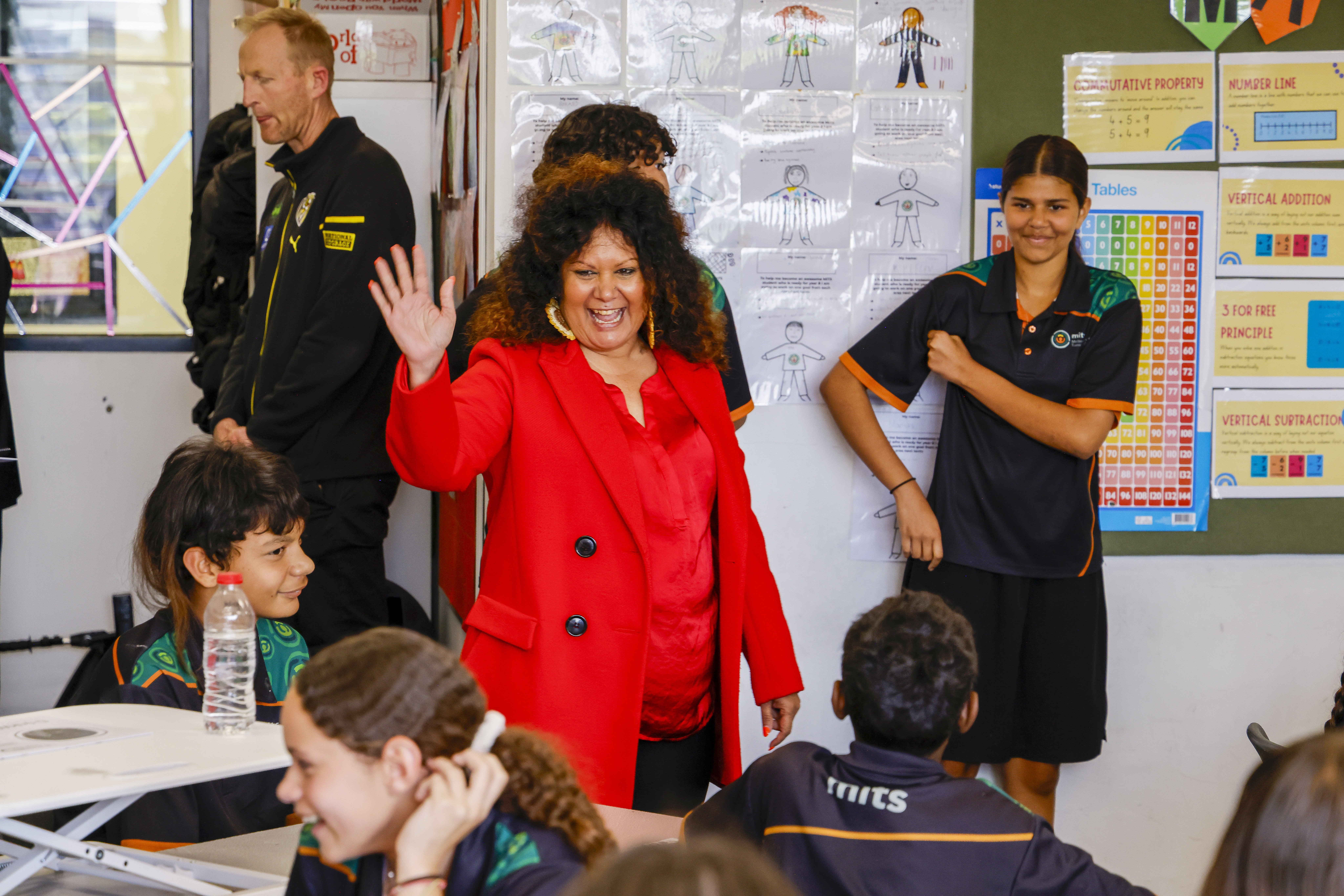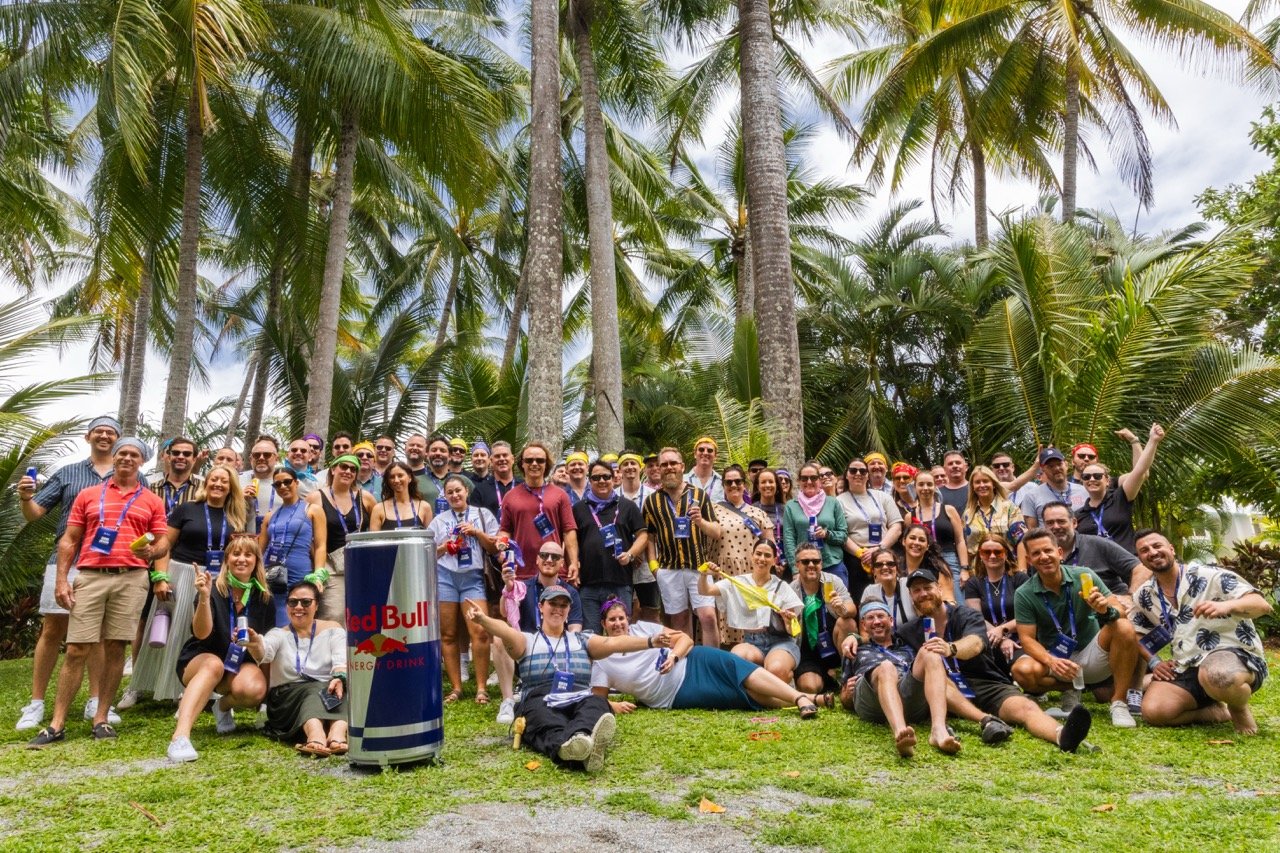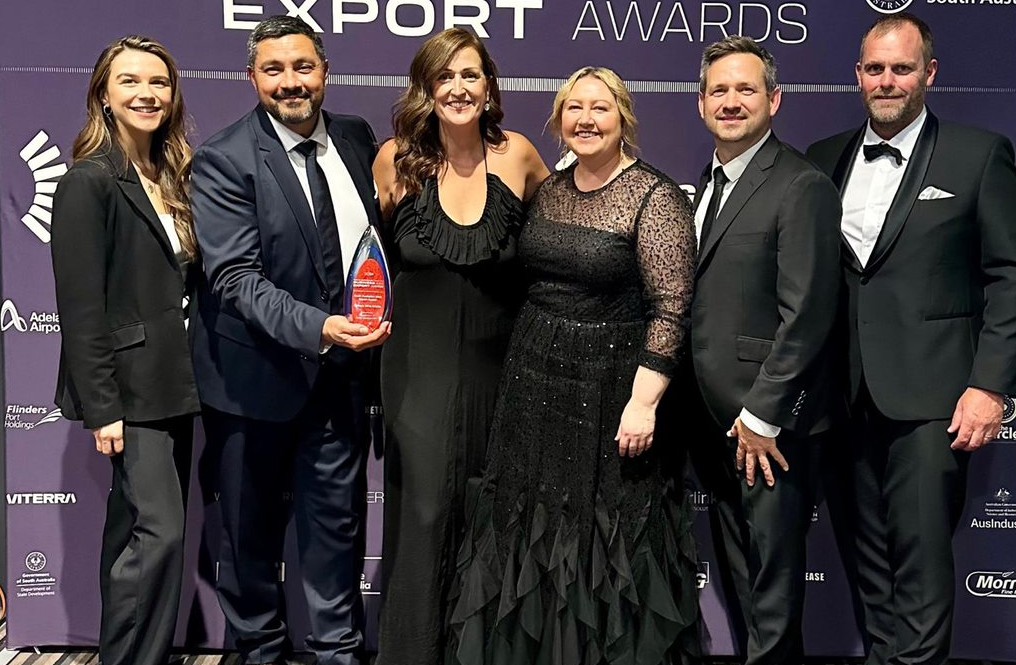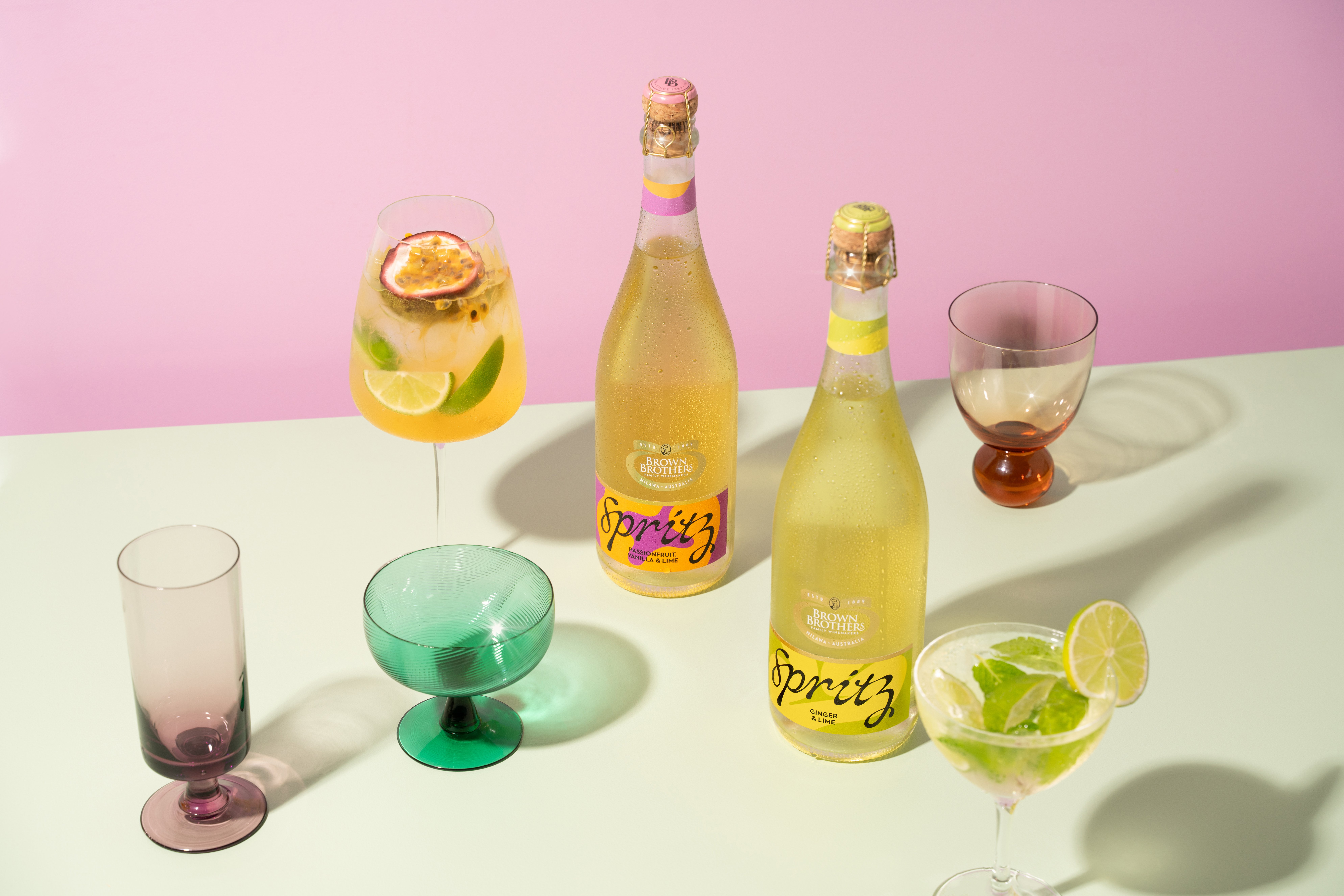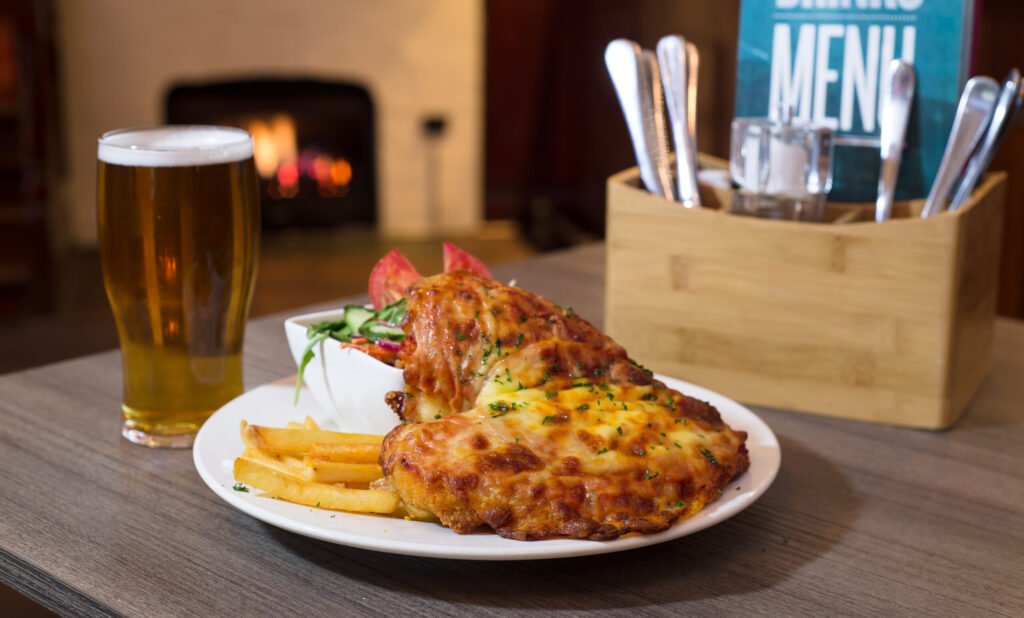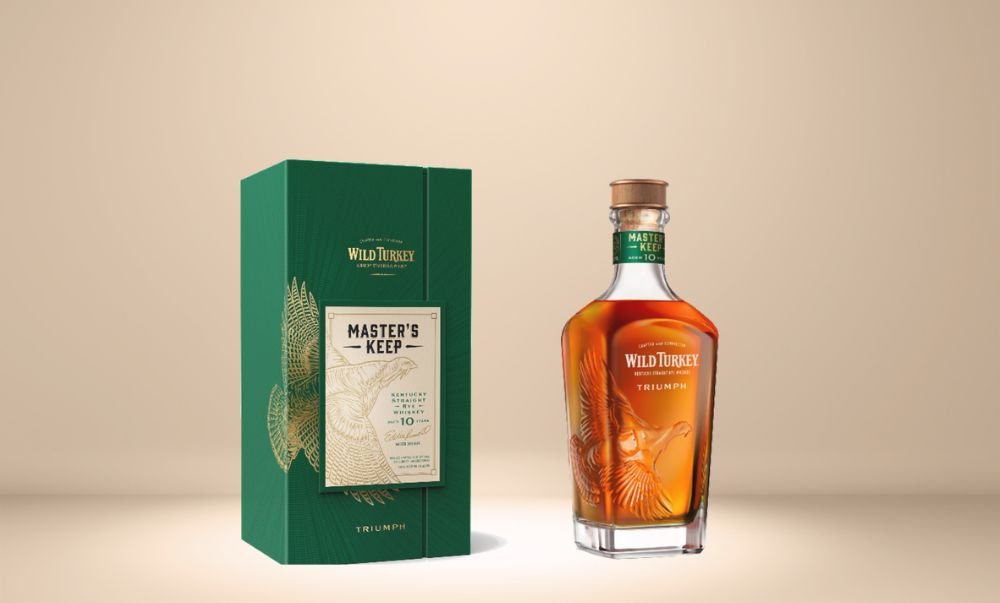Walton works to bring a client-centric approach to solutions at Nielsen and speaks at industry and supplier events regularly. He has been speaking to the drinks association for some nine years now and continues to bring bold and innovative new thoughts to the table.
Walton’s speech honed in on encouraging adaptation in today’s rapidly changing industry. He started off discussing the consumer and recommended we “look at the things that will influence [consumers] to make different purchasing decisions in the future.” He called it 'consumerisation': understanding and adapting to consumer behaviours.
Walton then shook things up a bit and got the audience on their feet for a little interactive game - testing guests’ knowledge on current innovation in Australia. He launched into the latest examples of innovation internationally and showed us the potential to drive new ways of thinking.
“Innovation is thinking about the things that consumers would like to buy or have - either things that they know they want, but haven’t heard about; or perhaps it was miss-packaged and they need better packaging to explain it; or there’s a demand that hasn’t been met. Innovation is about bringing new products or services to the market in a really well constructed manner that is well forecasted”, Walton continued.
“Then there’s market effectiveness – I’ve done all this work about consumers and I’ve got these new products, but how do I get them in front of them in the right way? The right message, beautifully told, to exactly the right people, on the right screens or in print, digital, whatever that happens to be...
“What suppliers are now telling us about their relationship with Coles grocery is that scan data is no longer their lead conversation. Instead, it’s consumer metrics – purchasing habits, demographics…In fact, Coles buyers hardly use scan data. There’s not much out there in the way of consumer metrics and there’s nothing out there yet for our industry, but it’s shifting, so our needle needs to change too.”
It is no secret that the digital scene is changing multiple industries in Australia, including the drinks industry. Walton told the downfall stories of three large former companies, who did not accept and adapt to the rise of digital technology.
“It feels like a long time ago that Kodak went under now…What’s unusual about their story is that they were digital. But they were so entrenched by their thinking internally that they did not think they needed to have a competitive edge to be successful in digital. It all went swimmingly well for them through the 70s and 80s, but then in the 90s Fuji appeared and really stepped up.
“Another example is between Blockbuster and Netflix - a start-up company that specialised online...Netflix offers to take Blockbuster online, but Blockbuster says no chance. What happened…Blockbuster lasted ten more years. That was the gap between could have adoped a new partnership and a new way of thinking, but didn’t and ended up bankrupt.
“Things have changed dramatically and so adaptation is imperative”, Walton concluded.
Share the content
